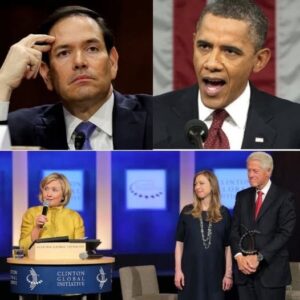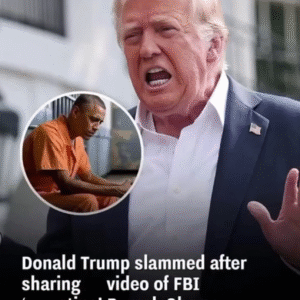Amid the release of contradictory intelligence documents about Russian interference in the 2016 election,
a lesser-noticed but significant email exchange sheds light on how the Steele dossier was handled within U.S. intelligence assessments. Director of
National Intelligence Tulsi Gabbard’s document release included this revealing exchange as part of a larger 114-page report.
One of the early Presidential Daily Briefings (PDBs) indicated minimal evidence of substantial Russian influence and stated the hacks had no effect on the election outcome. However, by January 2017, a revised intelligence assessment expressed far greater confidence in Russian involvement, especially in support of Donald Trump. Gabbard noted that James Clapper, then Director of National Intelligence under Obama, began working on the revised document right after the original PDB was removed on December 8, 2016.
Buried in the report was an email exchange concerning the Steele dossier, a piece of opposition research compiled by former British spy Christopher Steele for the Hillary Clinton campaign. Though widely discredited, the dossier still made its way into intelligence assessments and warrant applications targeting Trump campaign officials.
In a September 2019 email, a redacted intelligence official raised concerns about the dossier’s inclusion in the 2017 Intelligence Community Assessment (ICA). The official, involved in cyber and election security efforts, stated they participated in the analytic scrub of the ICA’s non-compartmented version and recalled no mention of the dossier.
The conversation became more alarming when the sender stated that if the dossier had been used without their knowledge despite their clearance, it would imply intentional deception by a superior. The response from the higher-up was vague, claiming it’s normal not to share everything, regardless of clearances.
Though redacted and lacking full context, Gabbard’s decision to include this email exchange suggests deeper unresolved questions — ones likely to draw further scrutiny from figures like FBI Director Kash Patel in the near future


